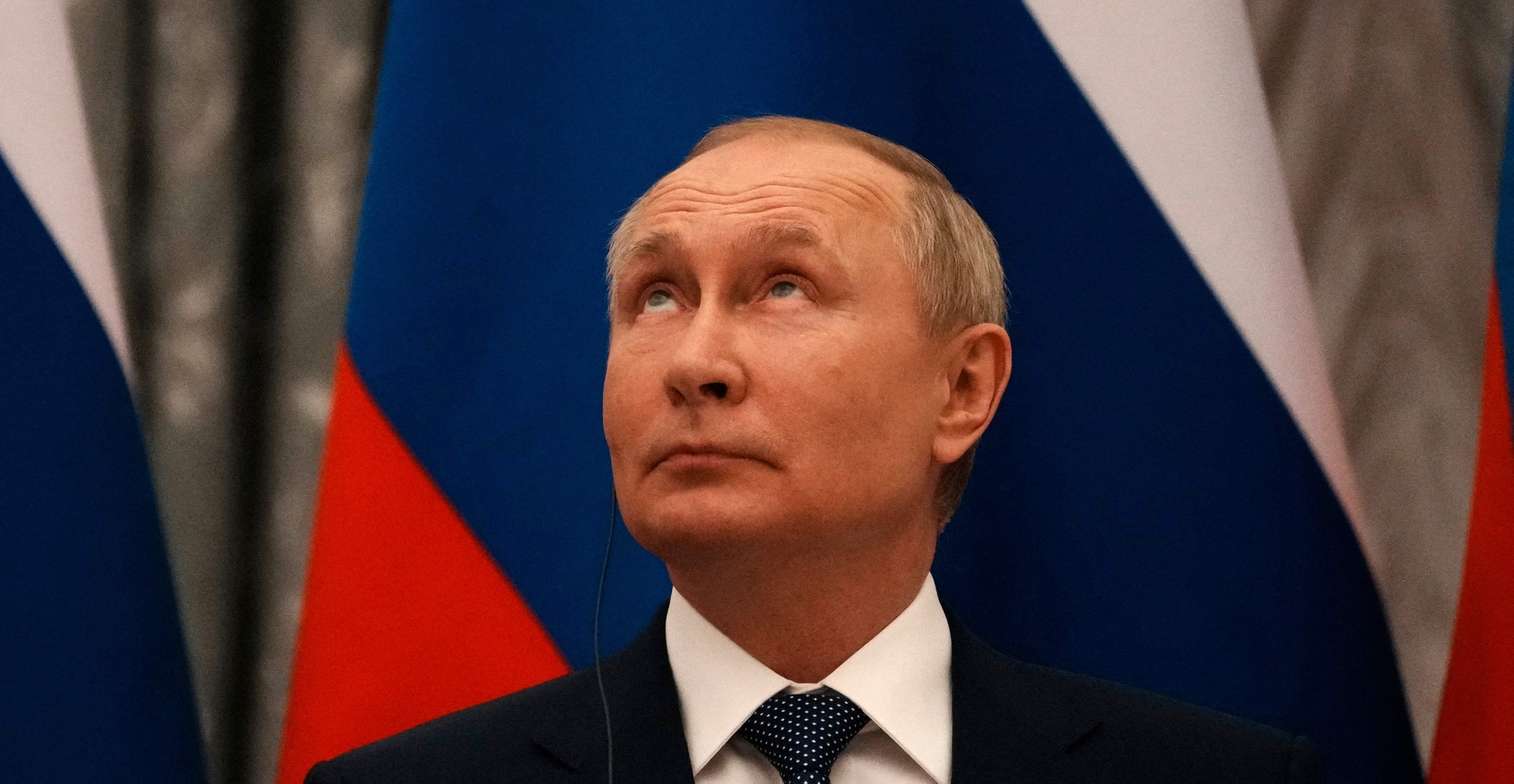Stalin’s maxim that “those who vote decide nothing and those who count the vote decide everything” holds as true as ever in Russia. Given his control over the media, ruthless elimination of political opponents and the lack of vigour displayed by the carefully chosen “competitors”, Vladimir Putin is all but certain to win a fifth presidential term in this weekend’s election, keeping him in office until at least 2030.
Following constitutional changes, he could then potentially run again and remain in power until 2036, surpassing Stalin’s record. Were that to occur, Putin would be 84 years of age, raising the inevitable question of who will eventually succeed him after his death or retirement.
It is unsurprising that Russia’s leader does not discuss any succession plans, allowing him to retain the fealty of several eager hopefuls jostling for his favour. Indeed, any clear indications of a future heir would not only create ill feeling but also render Putin irrelevant as the focus switches to the new tsar. Still, a number of candidates have already emerged as potential successors.
Alexei Dyumin
One rising star is the 51-year-old Governor of Tula, Alexei Dyumin. Putin’s ex-bodyguard has amply demonstrated his loyalty, having even — he claims — saved the President from a bear. His service to Putin did not end there. As head of the Special Operations Forces of the Armed Forces, he oversaw the evacuation of former Ukrainian president Viktor Yanukovych and received the Hero of Russia medal for his key role in the annexation of Crimea.
In what was no doubt a reward, Putin appointed Dyumin to his present role in 2016, where he has been re-elected and remained useful to the leadership. It was, after all, in Tula that Wagner warlord Yevgeny Prizohin turned his abortive march on Moscow around, and Dyumin reportedly led the negotiations.
Sergei Kiriyenko
First Deputy Chief of Staff of the Presidential Administration, this loyal technocrat has overseen the administration of the Russian-occupied annexed territories of Ukraine, earning him the nickname “Viceroy of the Donbas” and daily access to Putin. Kiriyenko has further shown his loyalty by enthusiastically parroting Putin’s lines on the “denazification” of Ukraine and, while he has not yet demonstrated clear ambitions for the leadership, he may have something to prove.
Made prime minister by Boris Yeltsin in 1998, the shock appointment of the inexperienced 35-year-old led to him being dubbed “Kinder Surprise” — a moniker he has been eager to shake off ever since. He resigned just five months into the role after the government defaulted on its debt.
Nikolai Patrushev
As Secretary of Russia’s Security Council and former head of the FSB, the highly influential ex-spy chief is one of Putin’s closest advisors and one of the few voices with the ear of Russia’s President. Ex-MI6 chief Sir Richard Dearlove has identified Patrushev as the most likely person to replace Putin, while a Wall Street Journal investigation indicated that he was the organiser of Prigozhin’s death.
Known for his hawkish stance, the hardliner has described the Ukraine war as “a military confrontation between Russia and Nato” and accused the West of trying to “erase (Russia) from the political map”. A year older than Putin, his advanced years may count against him.
Sergei Sobyanin
A political insider, Sobyanin’s role as mayor of Moscow has made him a recognisable figure and allowed him to successfully build a public profile. He has won plaudits from the Kremlin for his work managing the capital’s makeover and gained the support of conservatives, having repeatedly refused to permit LGBT+ parades in the city.
When he does depart the Kremlin, Putin will have left a deep impression on Russian politics. The men likely to succeed him have attained their positions through patronage, fealty, corruption and a willingness to follow their leader, even when he takes the country into war. None are therefore likely to represent true change or any ideological shift. Putin may die, but Putinism will be harder to kill.











Join the discussion
Join like minded readers that support our journalism by becoming a paid subscriber
To join the discussion in the comments, become a paid subscriber.
Join like minded readers that support our journalism, read unlimited articles and enjoy other subscriber-only benefits.
Subscribe